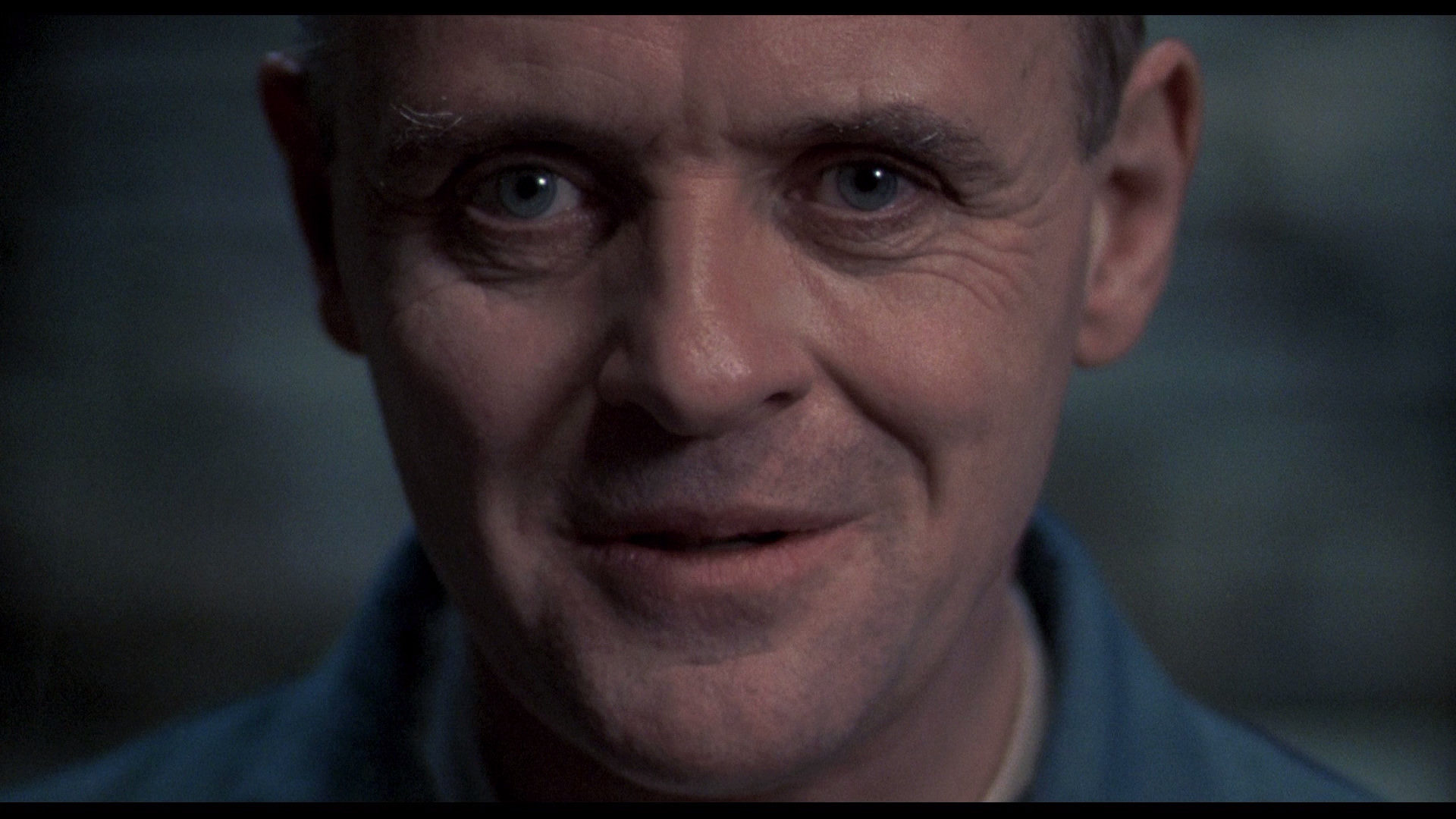I guess that's fine for that specific definition, but the OP listed, like, three, and it seems like you responded at one point to this one, which actually seems very applicable to both Nurse Ratched and The Invisible Man.
And it's worth pointing out that nobody's using a standardized definition here. AFI's is okay, though, because it allows for things like perceived nobility, which definitely shouldn't disqualify a character. You implied earlier that Nurse Ratched wasn't a villain because she thought she was doing the right thing, but that seems to fit well within your later assertion (which I think is correct) that the breakdown of villains needs to include an "ends justifies the means" type of villain. She's certainly that, and that sort of villain invariably thinks they're doing the right thing, too. They're still villains, though.
And it's worth pointing out that nobody's using a standardized definition here. AFI's is okay, though, because it allows for things like perceived nobility, which definitely shouldn't disqualify a character. You implied earlier that Nurse Ratched wasn't a villain because she thought she was doing the right thing, but that seems to fit well within your later assertion (which I think is correct) that the breakdown of villains needs to include an "ends justifies the means" type of villain. She's certainly that, and that sort of villain invariably thinks they're doing the right thing, too. They're still villains, though.




